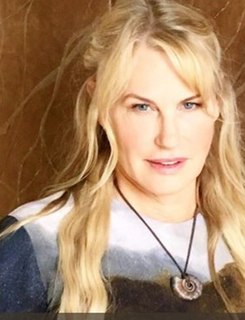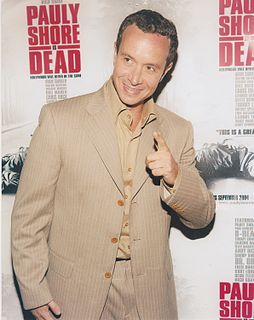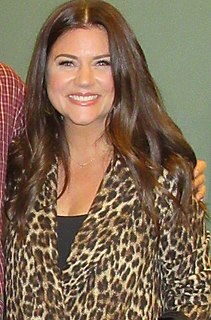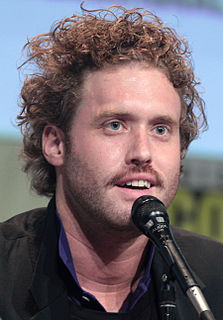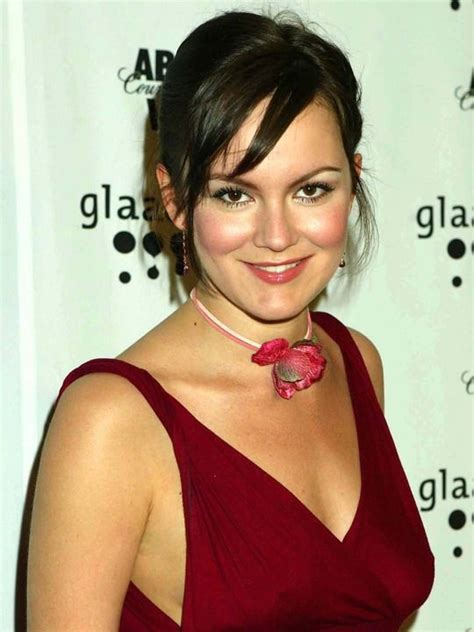A Quote by Daryl Hannah
The movie industry had it better in the '30s and '40s, in terms of gender equality, than it does now, both in payment and in job ratios. It's ludicrous. Are we in the modern world, or what?
Related Quotes
Propelled by freedom of faith, gender equality and economic justice for all, India will become a modern nation. Minor blemishes cannot cloak the fact that India is becoming such a modern nation: no faith is in danger in our country, and the continuing commitment to gender equality is one of the great narratives of our times.
I think there's definitely much more opportunities for women now to find a role in 30s and 40s both. I think you're starting to find people really seeing that - here's the thing. It's hard for me to say and know the experience how it was ten, twenty years ago because I was only in my teens and my 20s, but I know from watching TV myself and watching film myself I see a lot more 30s and 40s on screen, which just makes me very, very happy. It's what we should be watching.
My favorite decade of cinema would be kind of the '40s, yeah. I like things in the '30s, but you know, the sound recording in the '30s wasn't very good. But for some reason the movies in the '40s have the best personalities: Jimmy Stewart, Gary Cooper, Betty Grable, Gene Tierney, and all those people. For some reason, I seem to gravitate more toward the '40s, and I don't necessarily know why. I just love the people.
It [the pharmaceutical industry] is the most profitable industry in the world, and partially funds the US government. It surpasses oil in terms of profits and my country recently went to war due to oil pricing. What does that say they will do to keep this other industry in tact? It is up to patients and their families to question what they are being given, and to consumers to demand better, more natural alternatives.
I just kind of had my own impressions growing up with Hoover as a heroic figure in the 40s - actually the 30s, 40s, and 50s and beyond - but this was all prior to the information age so we didn't know about Hoover except what was usually in the papers, and this was fun, because this was a chance to go into it [ during filming 'J. Edgar Hoover' ]
In the '30s and '40s, the search for Hungarian national identity led famously to an alliance with Hitler and the destruction of more than a half million of the nation's Jews. And here we are now, more than 70 years later, witnessing a resurgence of xenophobia and authoritarianism, and not just in Eastern Europe.
